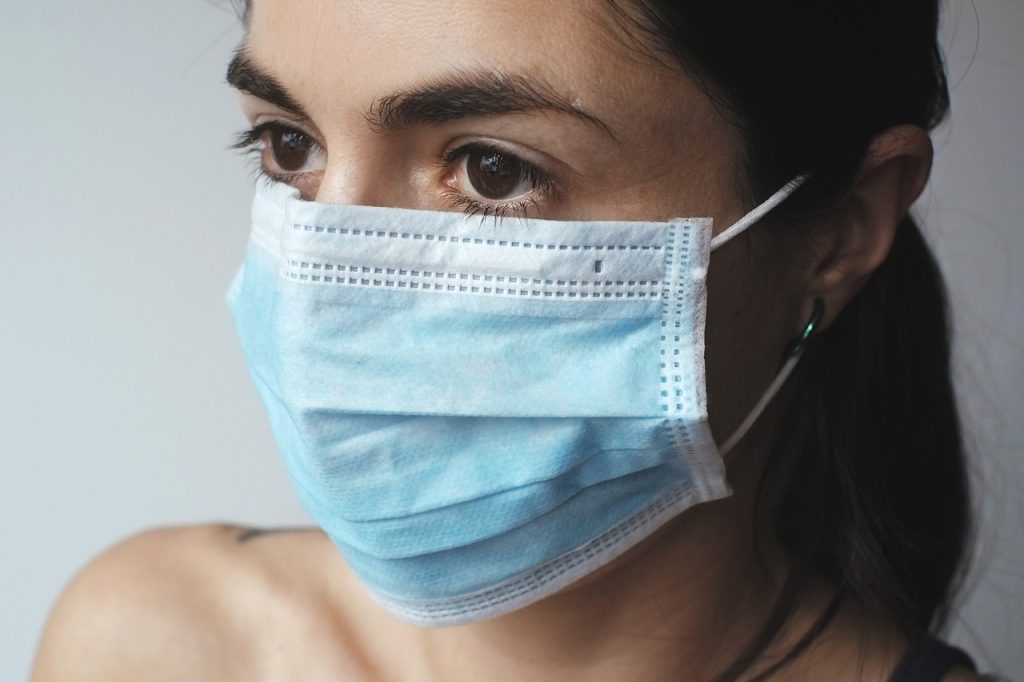Medical visa process
Do you want a Medical Visa?

Key Features of a Medical Visa:
Purpose: The primary purpose of a medical visa is to enable individuals to travel to another country for medical treatment, diagnosis, or consultation with recognized medical institutions and qualified healthcare professionals.
Eligibility: To apply for a medical visa, applicants must provide valid medical documents, such as a doctor’s recommendation, medical reports, and treatment plans. Some countries may require specific eligibility criteria or pre-approval from designated medical facilities.
Duration: The duration of a medical visa varies depending on the destination country and the specific medical treatment required. It typically allows for a longer stay compared to regular tourist visas to accommodate the patient’s treatment and recovery period.
Companions: In many cases, medical visas allow patients to be accompanied by family members or caregivers to provide necessary support during their medical journey.
Multiple Entries: Some medical visas may offer multiple-entry options, allowing the patient to enter and exit the country multiple times within the visa’s validity period.
Extension: If the medical treatment requires an extended stay, some countries may allow visa extensions subject to specific conditions and medical documentation.
Application Process:
Medical Documents: Applicants need to provide comprehensive medical records, including diagnosis, treatment plans, and a letter from the treating doctor detailing the need for medical treatment abroad.
Invitation Letter: In some cases, a medical institution or hospital in the destination country may need to issue an invitation letter confirming the acceptance of the patient for medical treatment.
Visa Application Form: The applicant must complete the visa application form accurately, providing all necessary personal and medical information.
Visa Fee: A visa processing fee is typically required to be paid at the time of submitting the application.
Interview: Depending on the country’s regulations, an interview with the consular officer may be required to discuss the purpose of the medical trip.
Benefits of a Medical Visa:
Access to Specialized Medical Care: Medical visas enable patients to seek treatment from internationally renowned medical facilities and experts, ensuring access to cutting-edge medical procedures and technologies.
Reduced Medical Costs: Some countries offer medical treatments at lower costs compared to the patient’s home country, making medical tourism an attractive option for cost-saving.
Comprehensive Healthcare Services: Patients can access a wide range of medical services, including surgeries, organ transplants, cancer treatments, fertility treatments, and more.
Relaxation and Recovery: Patients can recuperate in a peaceful environment, away from their daily stressors, while enjoying post-treatment recovery and rest.
Conclusion:
A medical visa opens doors for individuals seeking top-notch medical treatments abroad. It provides access to world-class healthcare facilities and experienced medical professionals, helping patients achieve improved health outcomes and a chance to reclaim their quality of life. As with any visa application, it is essential to thoroughly understand the requirements and procedures of the destination country and comply with their regulations for a successful medical journey.